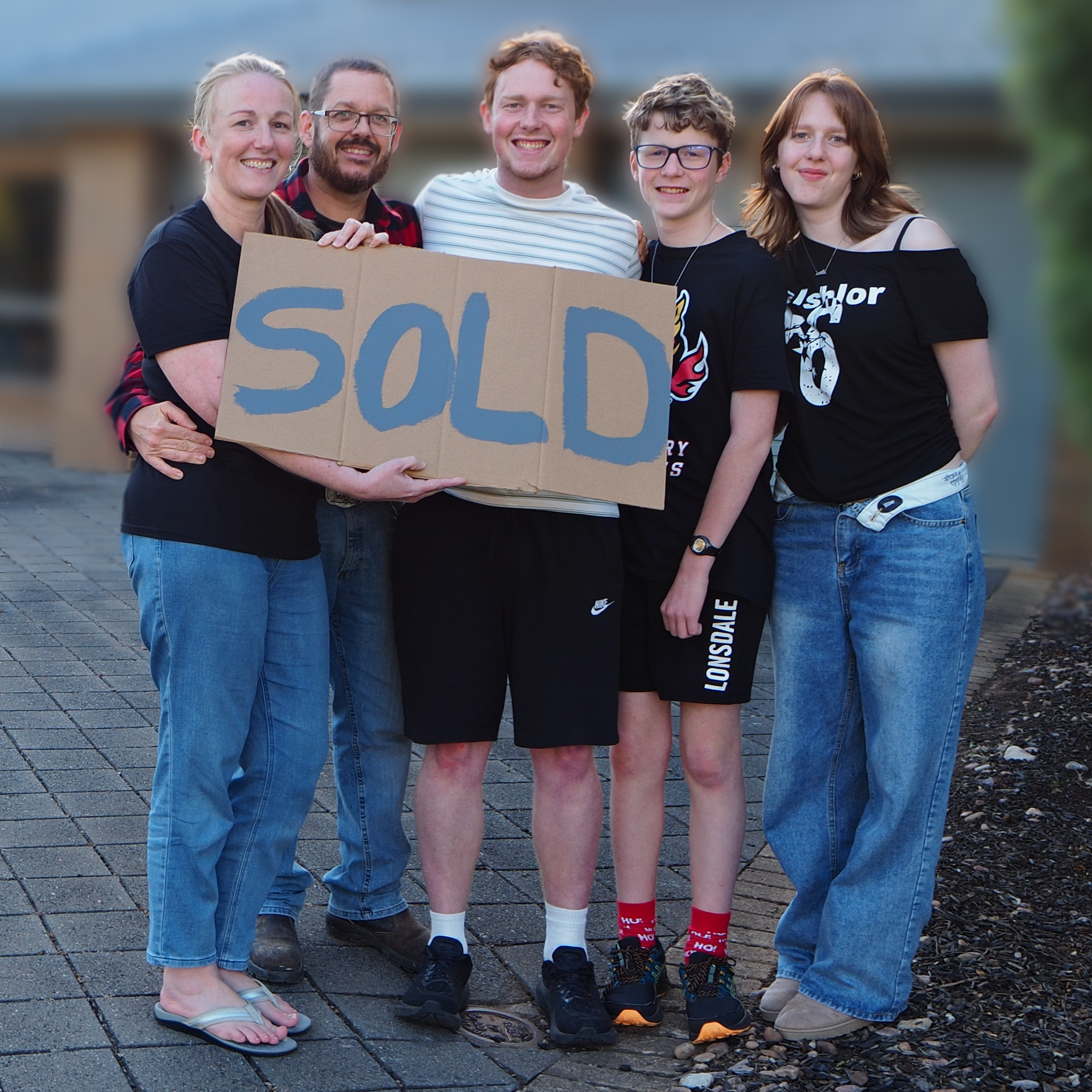In response to my article entitled “Fathers, Do Not Embitter Your Children“, I received a very heartfelt question;
In regards to both scriptures in Colossians about children obeying your parents and fathers not embittering your children. How do either of the scriptures apply to a father/parent that has not raised you. Has been in and out of your life, I am now grown, he wants the respect a father should get but does not want to do things a father does. I have no grudges of the past but things that are going on now are very relevant to the present state of our relationship.
The scriptures that I referred to in the original article were Colossians 3:20-21;
Children, obey your parents in everything, for this pleases the Lord. Fathers, do not embitter your children, or they will become discouraged.
Based on what I have heard from other Christians I recommended the book Boundaries, by Dr. Henry Cloud & Dr. John Townsend. The books subtitle is “When to Say YES, When to Say NO, To Take Control of Your Life”.
I also linked to an article entitled “How do we honour and abusive parent?“. Although the absent father was not “abusive”, I wondered if some of the issues would be the same.
How Do You Think the Reader Should Honour Their Absent Father?
I felt like my answer was inadequate to fully answer the depth of the question I was asked.
I would love to open up the comments for other people’s thoughts on the readers question and how they should honour their absent father who is now back in their life…





Leave a Reply